EU foreign affairs chief Kaja Kallas is pushing for swift agreement on the 18th round of sanctions against Russia, aiming to lower the oil price cap despite resistance from Slovakia and Malta.
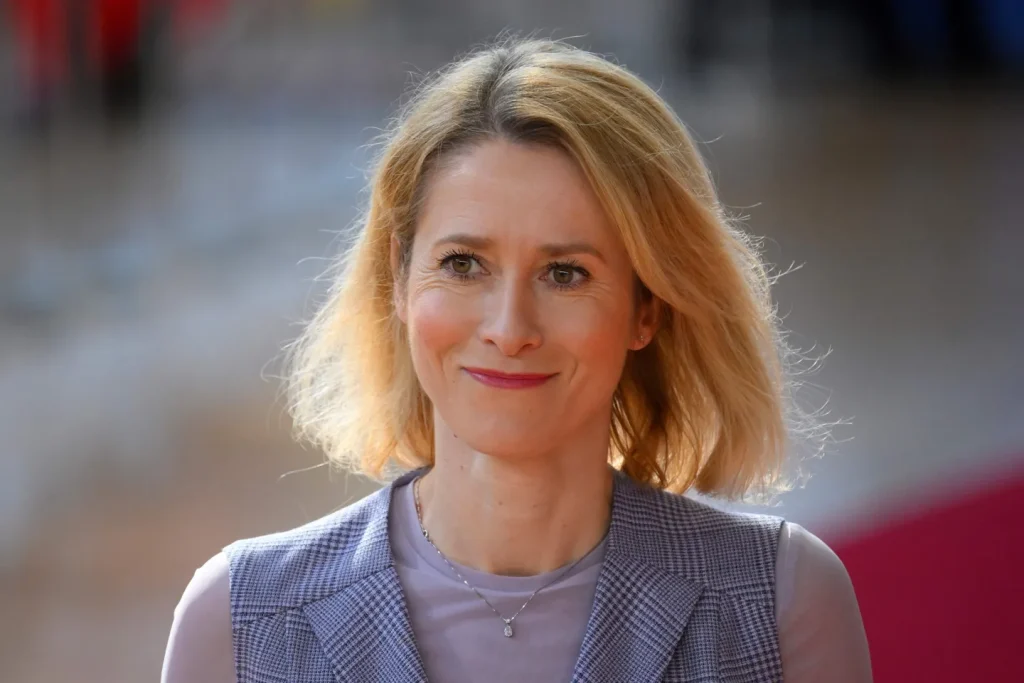
Pressure Mounts on EU to Finalize 18th Sanctions Package
Kaja Kallas, the European Union’s foreign affairs chief, confirmed on Tuesday that the bloc is nearing consensus on its 18th round of sanctions on Russia. The move is a direct response to Moscow’s continued aggression in Ukraine, with the latest measures aiming to tighten financial pressure by lowering the price cap on Russian oil exports.
“We’re close,” Kallas said in Brussels ahead of the foreign ministers’ meeting. “We hope to adopt the package today or tomorrow.” But final approval has been held up by Slovakia’s opposition to phasing out Russian gas and Malta’s reservations over the proposed oil price cap.
The Oil Price Cap: A Divisive Issue
Originally set at $60 per barrel by the G7 in 2022, the oil price cap aimed to restrict Russia’s global revenue streams while keeping energy markets stable. Under the new EU proposal, the cap would become flexible and drop below market value, currently projected at $47.60, according to internal EU documents.
However, without US backing, the cap’s impact could be diluted. Kallas acknowledged the concern:
“Even if the Americans are not aboard, the rest of the G7 is on board, and we will proceed.”
Targeting the Shadow Fleet and Financial Loopholes
The sanctions package will also aim at Russia’s so-called ‘shadow fleet’—a network of aging tankers used to bypass oil sanctions. By blacklisting dozens more vessels, the EU hopes to disrupt the illegal oil trade funneling billions into the Kremlin’s war machine.
In addition, financial sanctions will close gaps in existing restrictions, with tighter controls on dual-use technology and more curbs on banking and logistics sectors.
CEO keywords inline: EU oil sanctions, G7 oil price cap, Russian shadow fleet, financial restrictions on Russia, European foreign policy
Slovakia and Malta: The Last Holdouts
Slovakia’s Russia-friendly government, led by Robert Fico, initially resisted the sanctions due to its dependency on Russian gas. However, after closed-door talks with EU negotiators and concessions on gas transition timelines, Slovakia is reportedly softening its stance.
Meanwhile, Malta, a major shipping hub, raised concerns over the enforcement of the cap, fearing economic fallout. Diplomatic sources say technical adjustments may ease Malta’s objections.
Trump’s Reluctance and Global Coordination Gaps
One major setback for the EU is the lack of US support under President Donald Trump, who has taken a more cautious approach to economic pressure on Russia. His refusal to align fully with the G7 sanctions plan has undermined EU efforts to present a united Western front.
Nonetheless, EU leaders remain determined. “If we wait for everyone, we risk doing nothing,” Kallas told reporters. “Europe must lead.”
A Defining Test for EU Unity
This 18th package is more than symbolic. It’s a litmus test for the EU’s resolve, its geopolitical relevance, and its ability to act decisively in the face of ongoing Russian aggression. Kallas’ leadership continues to push boundaries, navigating complex diplomatic terrain to hold the Kremlin accountable.

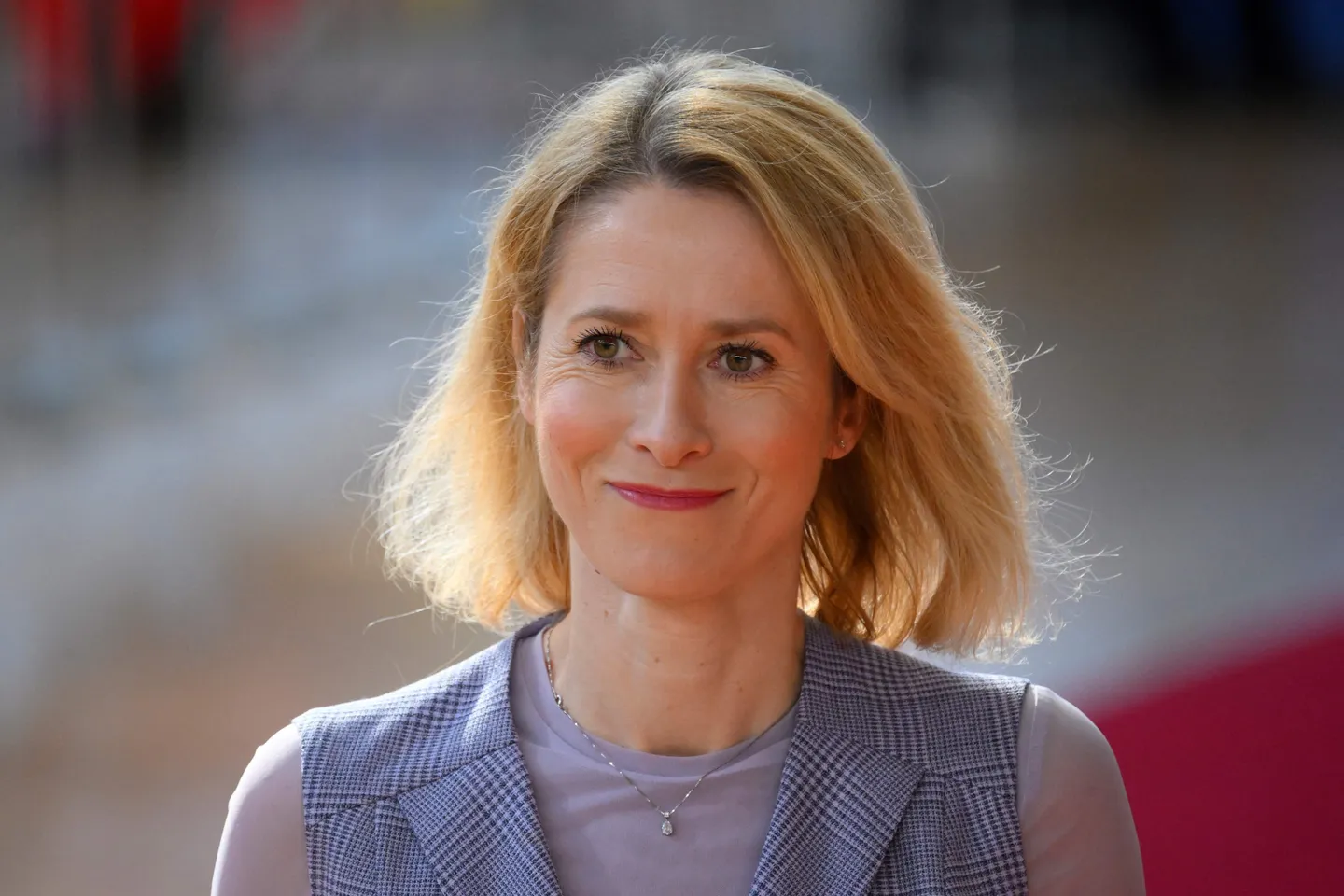




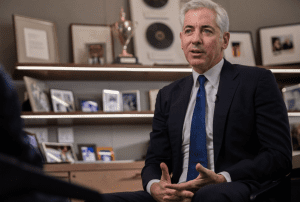


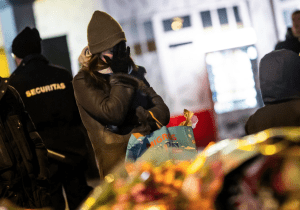
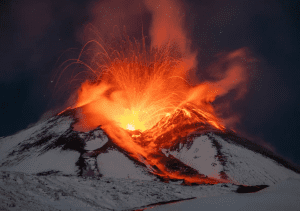
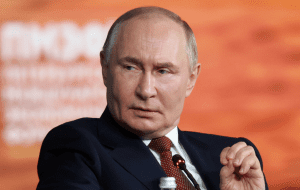




Comments are closed.